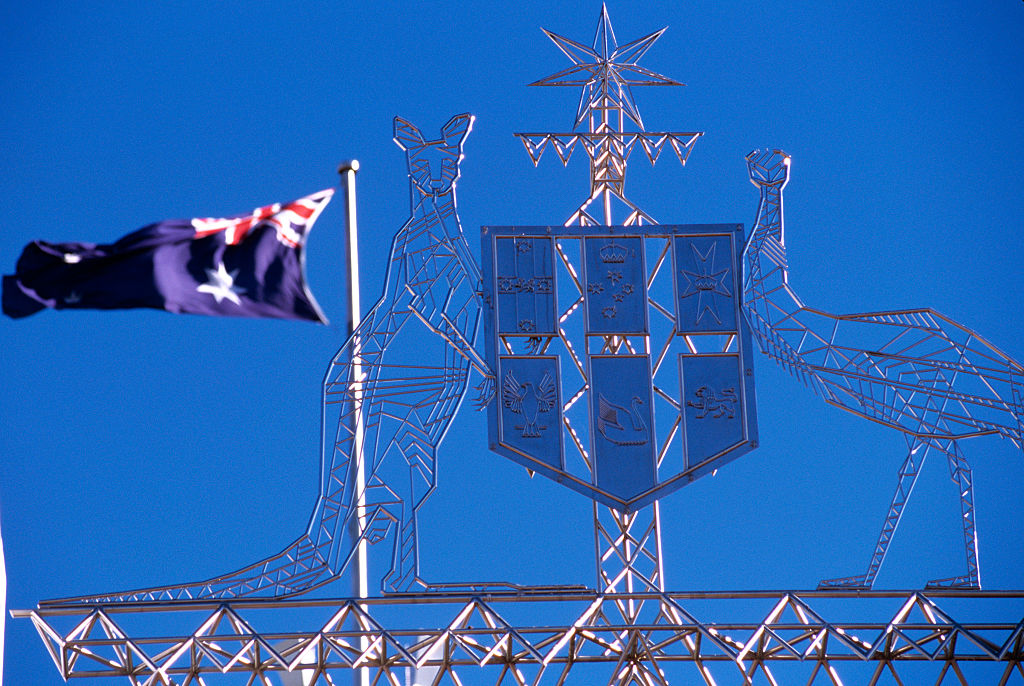-
Is trolling freedom of speech?
Jay Daniel Thompson | March 13, 2020The internet and social media offer everyone a chance to air their views, but should people’s ability to ‘troll’ others simply to stir up anger be curtailed to protect people from harm?
-
Another blow to media diversity
Julie Tullberg | March 7, 2020AAP has been a bastion of regional coverage, and a vital infusion into increasingly stretched newsrooms. This voice will disappear in June, further diminishing media diversity in Australia, as less original factual news will be produced.
-
The truth v. good stories
Open Forum | March 3, 2020From hashtags to deepfakes, Dr Cameron Edmond from the UNSW Faculty of Art & Design addresses how to navigate the murky waters of online misinformation.
-
Bushfires, bots and the spread of disinformation
Elise Thomas | January 16, 2020As fire wreaked havoc across large swathes of the country, online Australia battled another crisis in the form of waves of misinformation and disinformation sweeping across social media.
-
When truth goes up in flames
Mark Andrejevic | January 11, 2020The horrific tragedy of recent and ongoing Australian bushfires has highlighted the connection between threats to the natural environment and the media environment, through which misinformation and disinformation is spreading like, well, wildfire.
-
How a month at sea weaned me from technology
Robert Hassan | January 4, 2020Australians spend a ridiculous 10 hours a day on their phones and computers, and while most people can’t take a month at sea to get away from it all, simple steps to ‘digitally detox’ can help us all get our lives back.
-
Is social media addictive?
Open Forum | December 17, 2019Is social media addictive? Really, truly addictive? Is it so compelling and rewarding for some excessive users that it affects behaviour and choices in “real” life, like substance abuse and gambling?
-
The Digital Platforms Inquiry gets a lukewarm government response
Katharine Kemp | December 15, 2019The ACCC’s inquiry was launched to address concerns about the market power of major digital platforms, such as Google and Facebook, and their impact on Australia’s businesses and media.
-
Teens should ‘get smart’ about social media
Open Forum | December 13, 2019New research indicates that social media is leading young adolescent girls and boys down a worrying path towards developing body image issues and eating disorder behaviours – even though they are smartphone savvy.
-
Engage the public in the fight against foreign interference
Katherine Mansted | December 10, 2019Australian citizens are frontline actors in today’s national security challenges: as targets of malign interference and coercion, victims of collateral damage, and agents of national resilience.
-
A win for free speech?
Michael Douglas | December 4, 2019New proposals for media reforms will make it harder for people to successfully sue a news organisation for defamation.
-
The global disinformation order
Philip Howard | December 2, 2019We once hoped that social media would help bring down dictatorships, but the use of social media by authoritarian countries to spread their propaganda around the world is actually undermining democratic nations.













